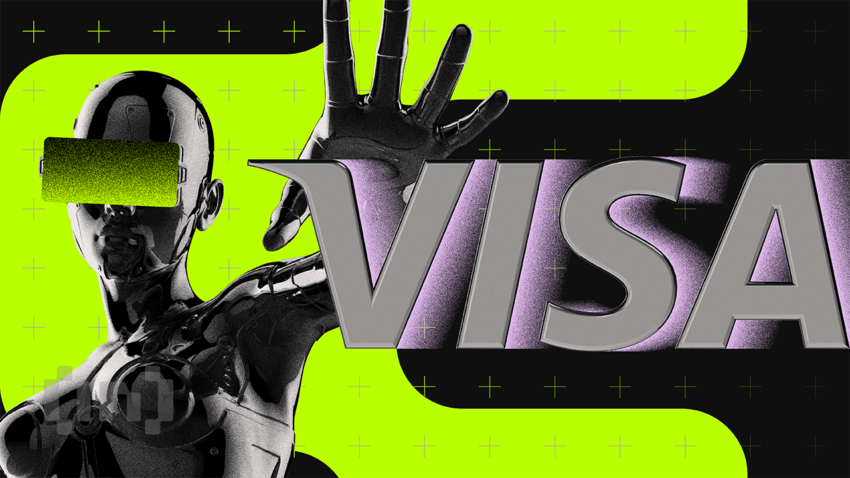Payment giants such as Visa and PayPal could see their business models threatened by the increase in the adoption of stablecoins such as Tether. Dollar-pegged assets on the blockchain offer several fundamental advantages over traditional payment methods.
According to an August 23 Barrons report, dollar-pegged stablecoins “look like a threat” to companies such as Visa and PayPal.
Stablecoins a Growing Threat
Aside from being on-ramps for cryptocurrency investments, stablecoins are also being increasingly used for payments, it reported.
It added that stablecoins settled more than $11 trillion on the blockchain in 2022. This dwarfed volumes processed by PayPal and neared Visa’s volume of $11.6 trillion.
Moreover, more than 25 million blockchain wallets hold more than $1 in stablecoins, and 80% of these hold $100 or less. Comparatively, a bank with 25 million accounts would be the fifth-largest in the US, a team at macro hedge fund Brevan Howard noted.
Analysts at the firm reflected:
“It is remarkable that in just a few years, a new global money movement rail can be compared with some of the world’s largest and most important payment systems.”
They added that the massive number of small-dollar stablecoin holdings indicates the “potential for stablecoins to provide global financial services to customers underserved by traditional financial institutions.”
Read more: What Is a Stablecoin? A Beginner’s Guide
PayPal announced its own stablecoin earlier this month, but its stock has tanked 18% since the beginning of August.
The lack of enthusiasm may stem from the notion that dollar-pegged stablecoins are more popular outside of the United States.
“Stablecoin adoption is an inherently global phenomenon,” said the Brevan analysts. “One of the primary value propositions of stablecoins is that they can provide basic, dollar-based financial services…to almost anyone with an internet connection,” they added.
Moreover, stablecoins offer faster and cheaper transactions. Comparatively, the likes of PayPal charge as much as 10% in fees and forex spreads for cross-border transactions.
Regulations and Ecosystem Outlook
On the other hand, stablecoins do face regulatory hurdles, especially in the US, which has gone to war with the crypto industry this year.
Tether remains the industry-dominant stablecoin with 83 billion USDT in circulation and a market share of nearly 67%.

Its nearest rival, Circle, has seen its supply collapse by more than 40% since the beginning of the year. There are currently 26 billion USDC in circulation, giving the stablecoin a market share of 21%.
The third largest stablecoin is the decentralized DAI, with a 3.9 billion supply and a market share of just over 3%.
US regulators have crushed Binance USD (BUSD) which has seen its supply shrink by 80% since the beginning of 2023.
Disclaimer
In adherence to the Trust Project guidelines, BeInCrypto is committed to unbiased, transparent reporting. This news article aims to provide accurate, timely information. However, readers are advised to verify facts independently and consult with a professional before making any decisions based on this content. Please note that our Terms and Conditions, Privacy Policy, and Disclaimers have been updated.


